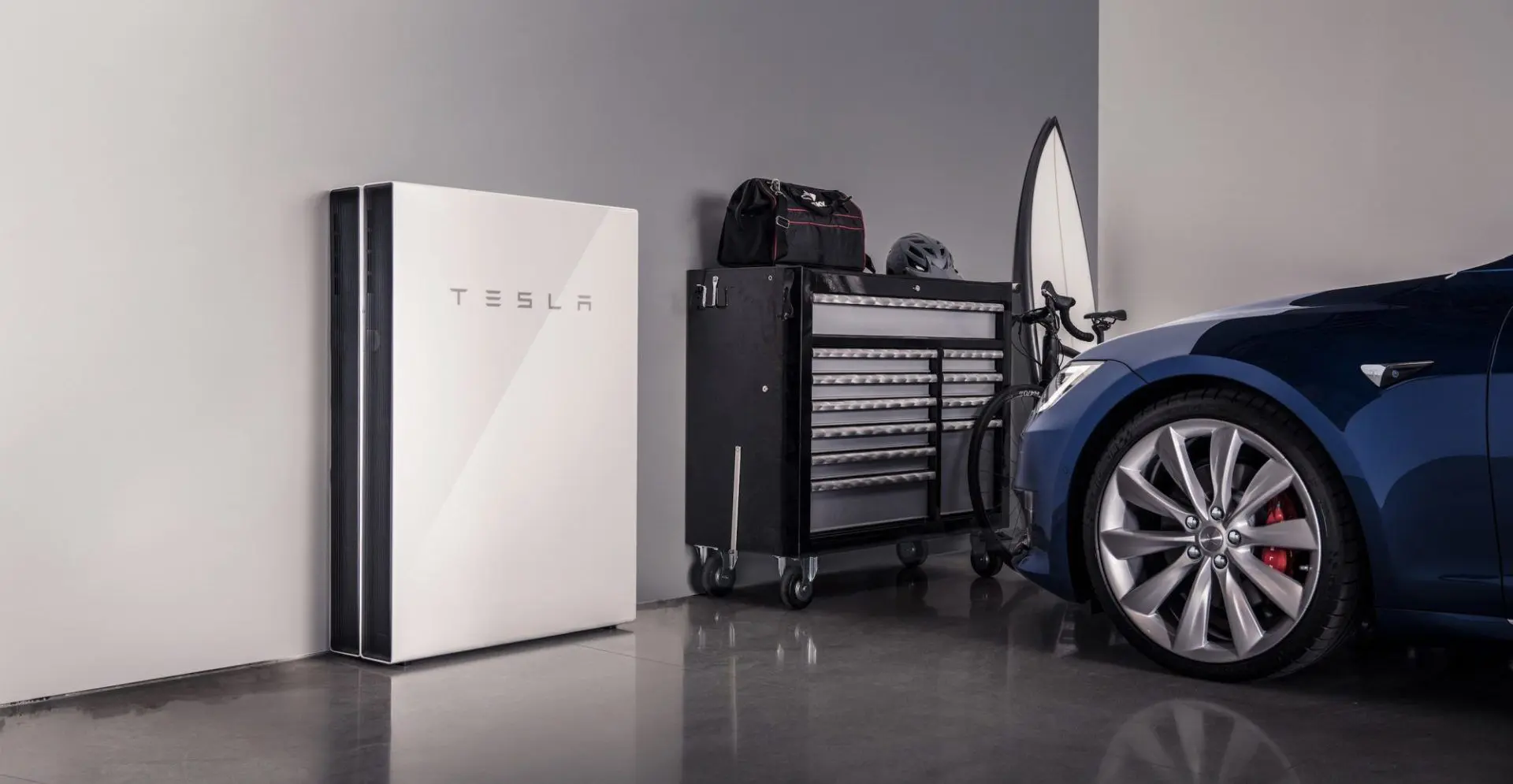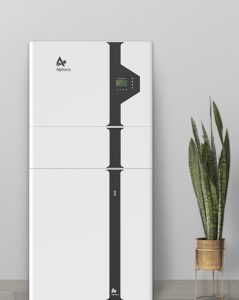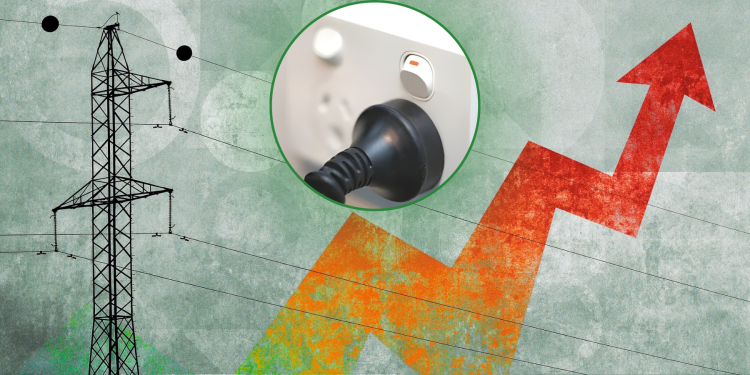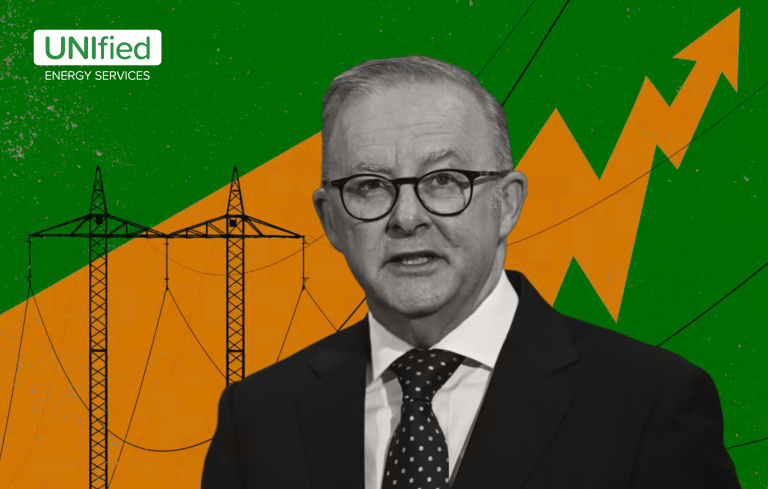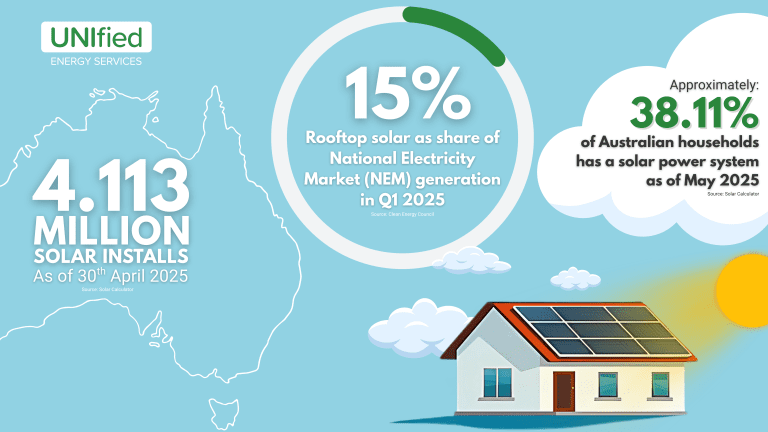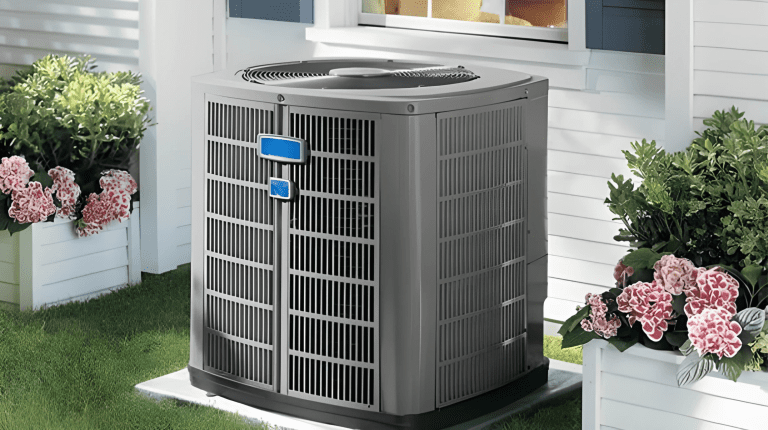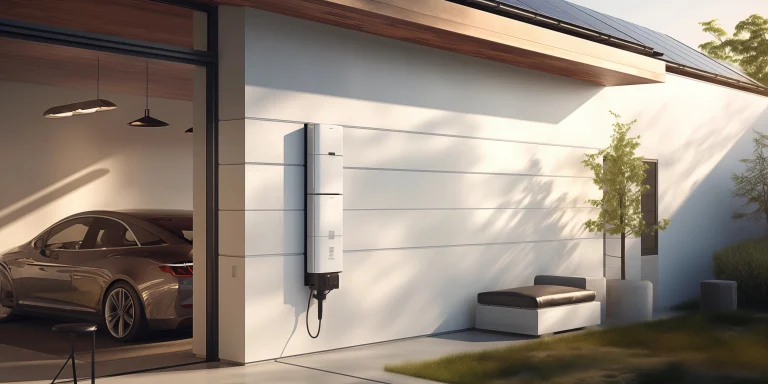Essentially, solar battery technology allows you to store the electrical energy generated when your solar panels receive excess sun rays (than needed to power your activities) during the day.
For many Australians thinking about installing a solar system or adding to their existing solar system set-up, the most common next question is: “How long do solar batteries last?”.
Rightly so, this is because batteries are expensive, costing between $6,000 – $8,000 for a small storage system to be installed, and between $10,000 to $16,000 for much bigger systems.
How long do solar batteries last?
The useful life of a battery for solar installations is usually around 10 years, but its lifespan depends on a number of factors such as:
- The useful life of the battery
- The battery’s warranty
- How often you cycle the battery
Useful life
A battery useful life plummets if frequent deep discharges (> 50%) are made. Therefore, we highly encourage our customers to install enough capacity so that 50% of the discharge is rarely exceeded.
Solar batteries, generally, degrade far more and faster than solar panels do.
Solar battery warranties
Most solar batteries we provide come with a 10-year warranty, which is an indication as to how long you should expect them to last.
However, solar battery warranties are never exactly straightforward. That is, it’s usually the earlier of a number of conditions such as:
- Warrantied life expires – a solar battery’s warrantied life is the number of years the manufacturer guarantees the performance of the battery; usually 10 years from the date of installation.
- Cycle life allocation is exhausted – some battery manufacturers include the number of life cycles of the battery as a condition of the warranty. Even if it is not included in the warranty, it is a specification that you should lookout for, the number of life cycles can be an indicator as to the quality of the battery.
- Energy throughout capacity is reached – many solar battery warranties also place a limit on energy throughout. Energy throughout is the total amount of energy that passes through your battery, irrespective of the number of cycles, or to what level you discharge the battery.
How often you cycle the battery?
For a typical Australian household that consumes an average of 15-18 kWh of electricity per day, let us assume two-thirds of the electricity is consumed when the solar panels are not generating energy, i.e. at night when most of us are home from work and/or school, etc. This means a 10 kWh battery will almost have enough capacity to store your night time and early morning electricity needs. Hence in this scenario, your battery is likely to drain overnight.
How long it takes to drain or fully discharge your battery will depend on the size of your battery, and how much and/or when you use your electricity.
Don’t miss out! Access up to $8800 interest free loan from Solar Victoria to help you fund your battery purchase!
The good news is there are some great incentives that will make installing a battery financially appealing and more affordable. The incentives are different for each state.
For example, in Victoria, an interest free loan of up to $8,800 from Solar Victoria is up for grabs to fund your battery purchase.
Why UNIfied?
At UNIfied, we are here to ensure your clean, energy efficiency journey is as seamless as possible. You can look forward to paying less on your electricity bills when combining a UNIfied solar system with one of the solar batteries we have in our range.
Contact UNIfied today or call 1300 817 847 to achieve greater savings in these precarious times, and start your journey of clean energy living!
